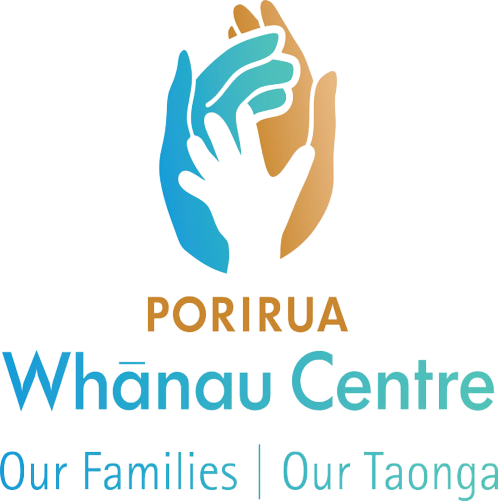Counselling at the Porirua Whānau Centre a safe place to talk
Esther is one of the Whānau Centre’s three counsellors. She provides a calm, kind presence that meets people where they’re at and gently walks alongside them as they work through life’s toughest experiences.
One of the Porirua Whānau Centre’s many supportive initiatives is its counselling service.
Esther is one of the Whānau Centre’s three counsellors. She provides a calm, kind presence that meets people where they’re at and gently walks alongside them as they work through life’s toughest experiences.
She’s not one for buzzwords or big titles. Instead, she offers what she calls “relentless kindness”.
That means creating a space where people feel safe enough to open up. Many for the first time.
“There’s quite a stigma around counselling, especially in Māori and Pasifika communities,” she says.
“People are told, ‘Don’t tell anyone. Keep it in the family.’ But that never fixes the problem. They just stop talking about it.”
Esther starts most sessions by asking a simple question: What would you like to talk about today?
Sometimes, her clients know exactly. Other times, they don’t.
“Either way, we always find something. I think people really enjoy talking about themselves once they realise it’s okay to take up that space.”
Each conversation is led by the client. There’s no pressure to reveal everything at once.
What matters most, Esther says, is that people begin to feel lighter, or unburdened, as they start to make sense of their experiences.
One of the key tools she uses is psychoeducation: teaching people about emotional regulation, boundaries, trauma, and attachment.
“It’s a fancy word for helping people understand themselves,” she says.
“We talk about child development, what kids need to feel safe, and what happens when they don’t get it. People begin to realise that the abuse they experienced wasn’t their fault. That’s huge.”
Many clients arrive carrying the weight of long-held shame. Through conversation and reflection, they begin to reframe their experiences.
“One woman told me, ‘I used to think, why did that person abuse me and my brother?’ But now she says, ‘That happened. We’ve worked through it. It doesn’t hold me back anymore.’”
Esther believes these changes aren’t just personal, they’re generational.
When people understand the patterns they grew up with, they’re better equipped to break them.
She points to the importance of early intervention and parenting support.
“So much damage could be prevented if we got it right for kids, especially in those early years when their ideas about relationships and safety are being formed.”
The Whānau Centre’s broader social services are part of this healing ecosystem.
Access to counselling typically begins with a referral from one of the Whānau Centre’s social workers, who carry out a Meihana Assessment using the Te Whare Tapa Whā model.
This ensures clients are supported holistically, meeting their emotional, physical, spiritual, and social needs.
Counselling is fully funded, and clients can self-refer by phone or email.
Esther sees her role not as fixing people, but as helping them understand their own story.
“All behaviour makes sense when you know the story behind it. Once people understand themselves, their addictions, their reactions, it gets easier to be kind to themselves.
“And most people are really harsh in their own heads.”
Esther is at the Whānau Centre on Mondays and Fridays, with other counsellors available during the week.
She encourages anyone who’s unsure about counselling to take that first step.
“There’s nothing wrong with needing help.”
And for those who do walk through her door, she’s ready with kindness, patience, and an hour that’s all about them.

